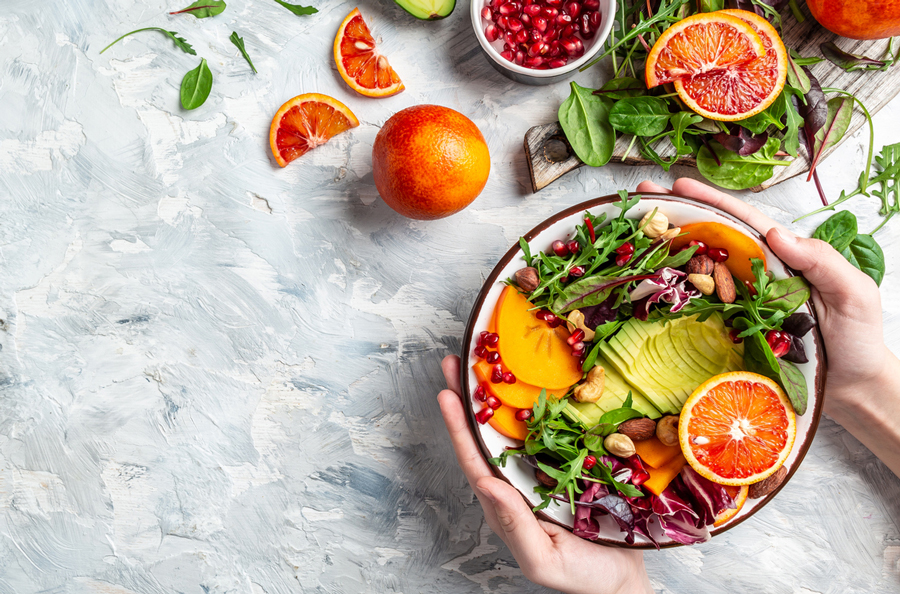Dietary change may play a role in the management of rosacea. Certain foods and beverages may act as “triggers” for rosacea exacerbations, these may be divided into heat-related, alcohol-related, capsaicin-related and cinnamaldehyde-related.
- Hot beverages such as hot tea and coffee can flare up rosacea.
- Alcohol intake was significantly associated with an increased risk of rosacea, with red wine reported as a worse trigger than white wine.
- Spices and spicy food worsened symptoms in rosacea. The common culprit is the chemical capsaicin, which affects the pain receptors in skin that feel warmth. This may worsen rosacea. Examples of capsaicin foods include chili pepper, jalapenos, hot sauce and tabasco pepper.
- Cinnamaldehyde gives cinnamon its pungent flavour. This compound causes a warm sensation that may trigger rosacea symptoms. Cinnamaldehyde foods include cinnamon, tomatoes, citrus fruits and chocolate.
These food triggers can activate receptors on nerves and skin cells which are essential in the regulation of skin barrier and skin immunology, resulting in an inflammatory response, blood vessels dilation, flushing and oedema. The resultant inflammation from these foods causes skin barrier dysregulation and increased skin dehydration which are characteristic rosacea symptoms.
It is important to remember that “triggers” which affect one person may not affect another. There is need for a personalized approach and individuals should observe and establish relevant triggers, and avoid those triggers identified as exacerbating their own disease.
Increasing dietary intake of omega-3 fatty acids may help to reduce dry eyes symptoms in ocular rosacea.













